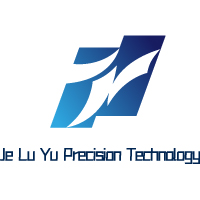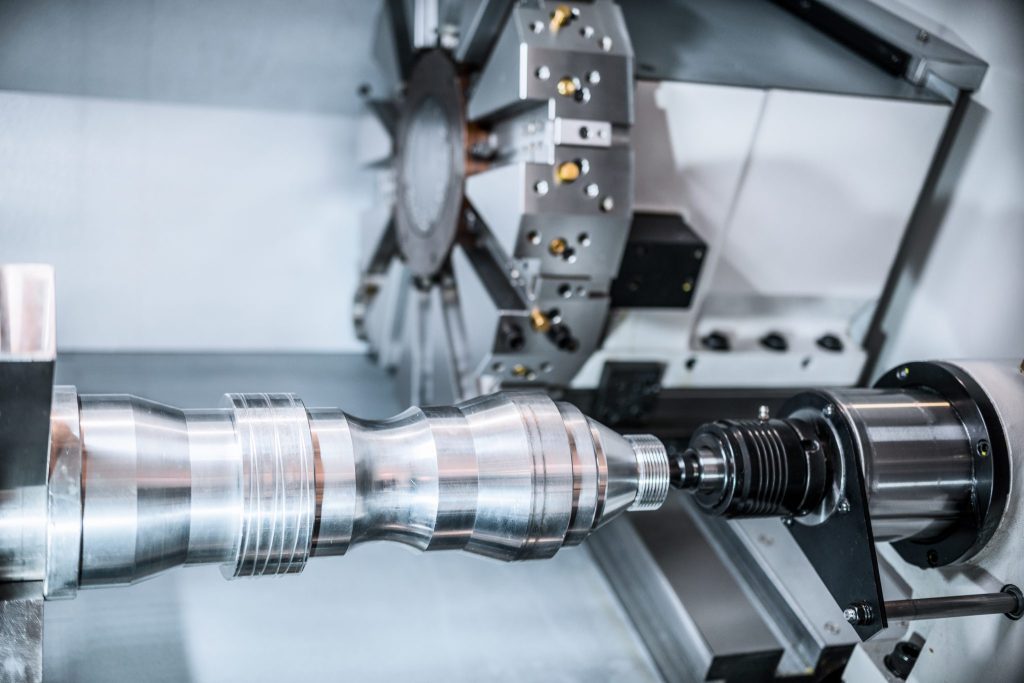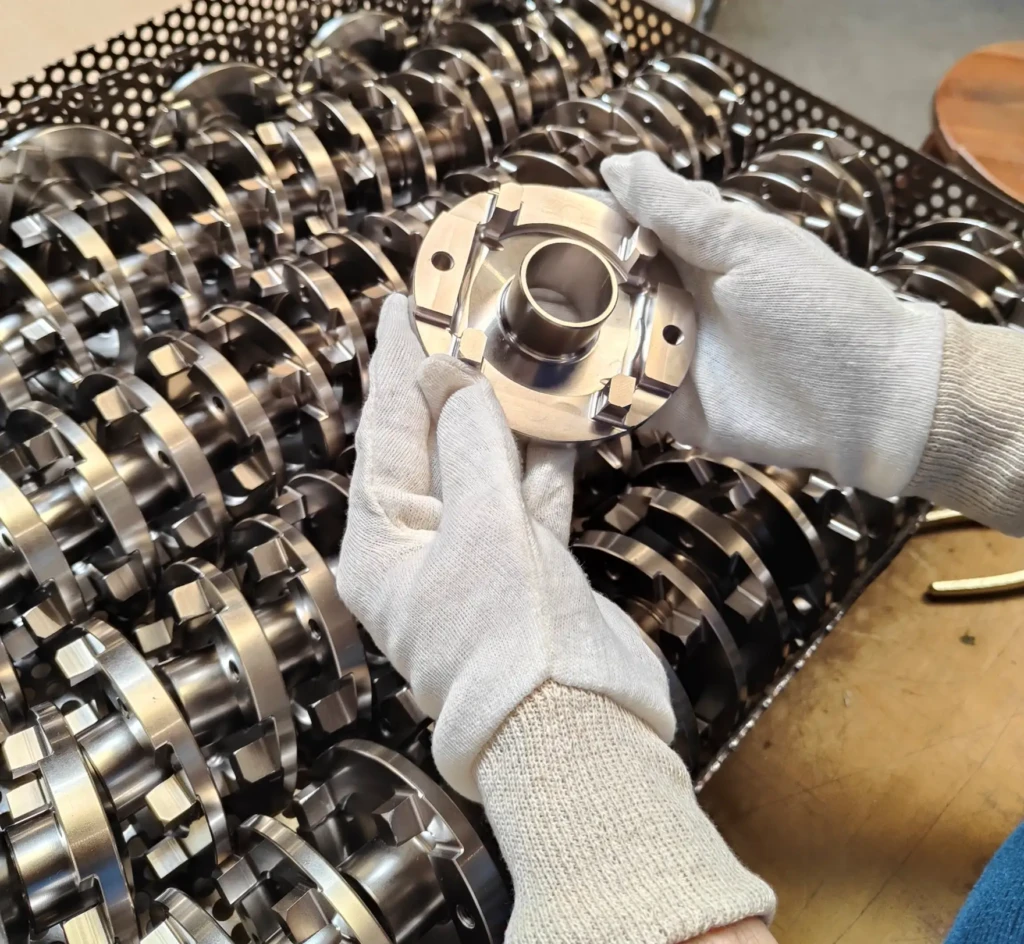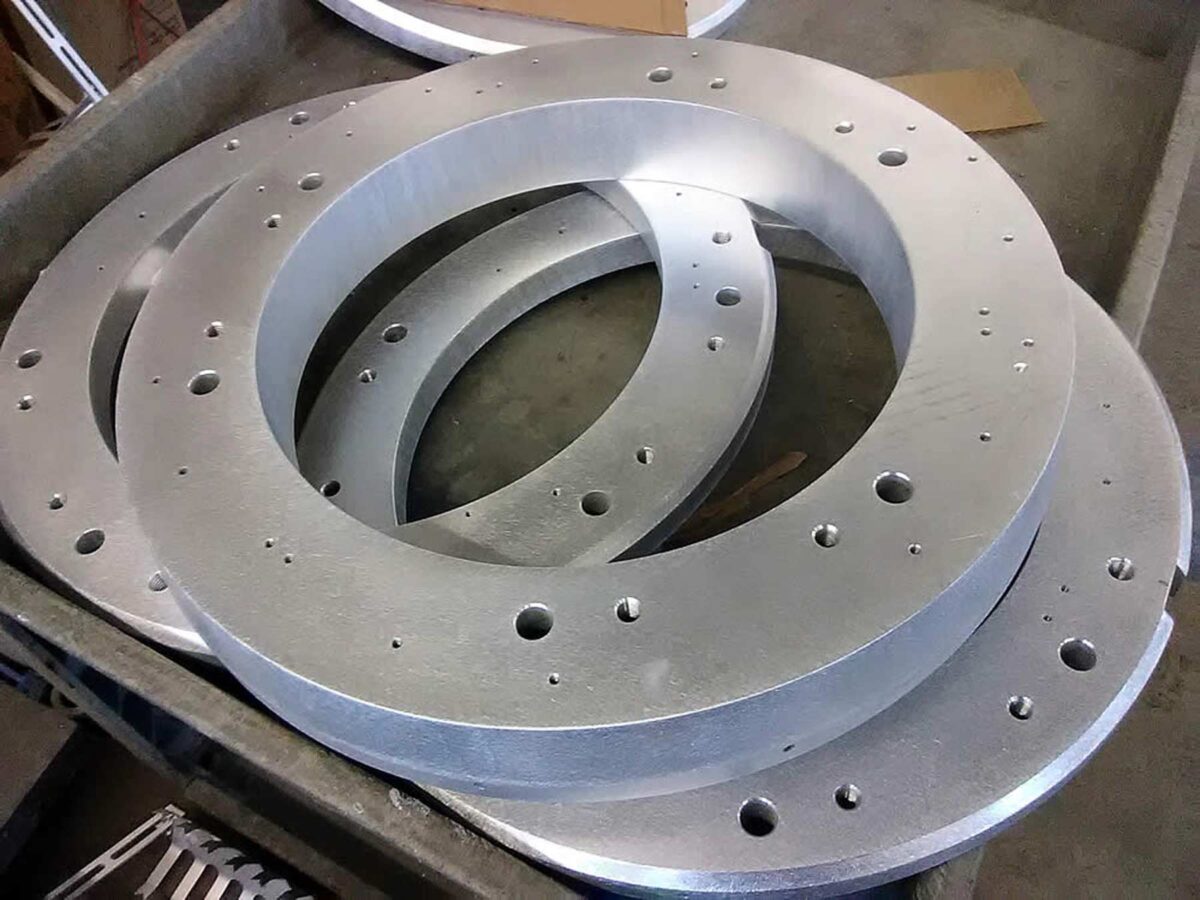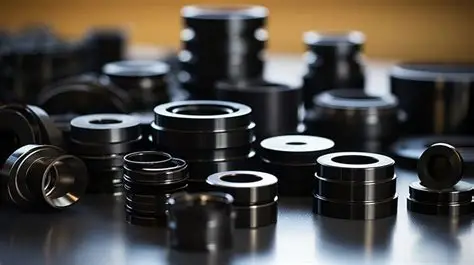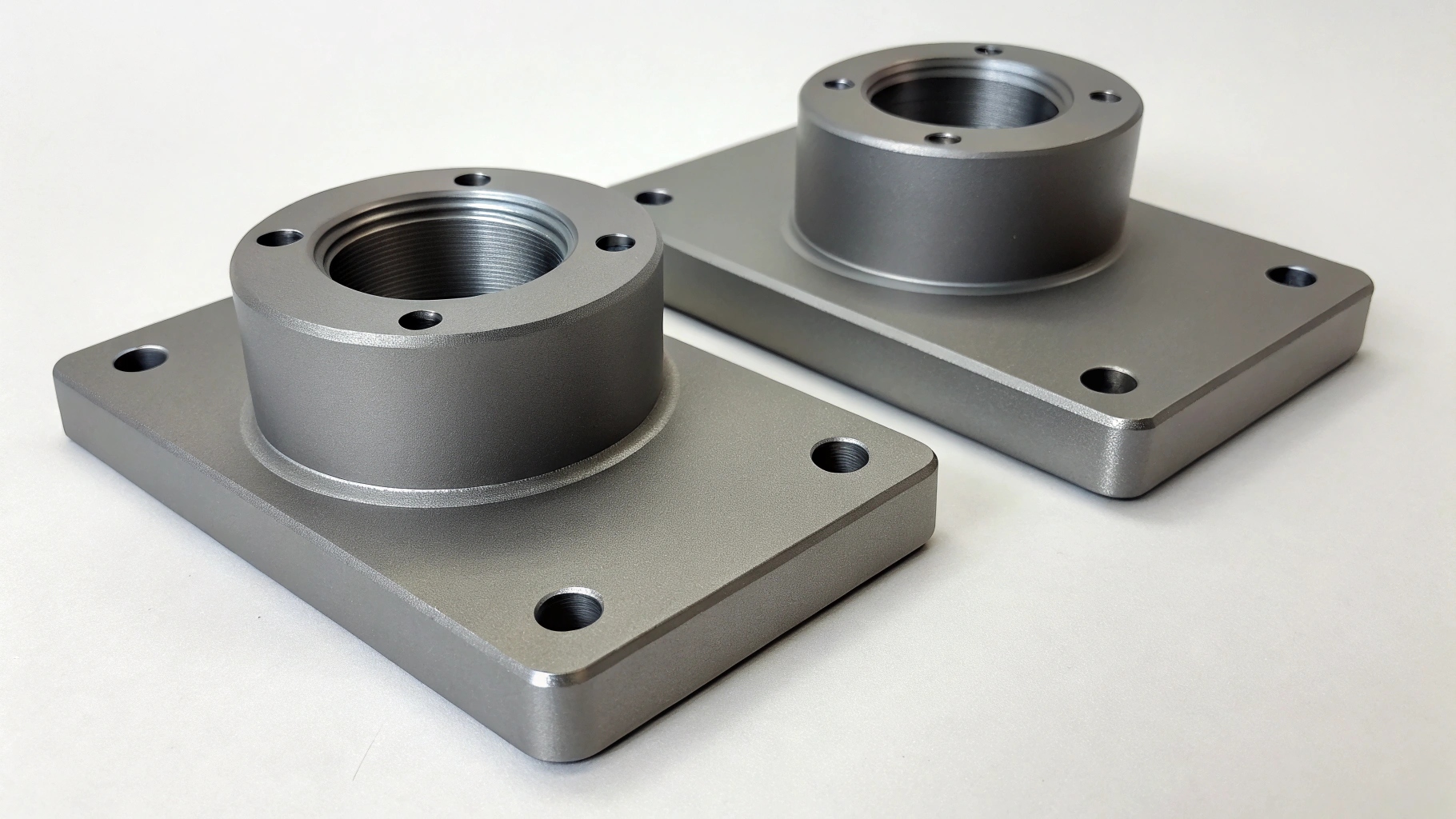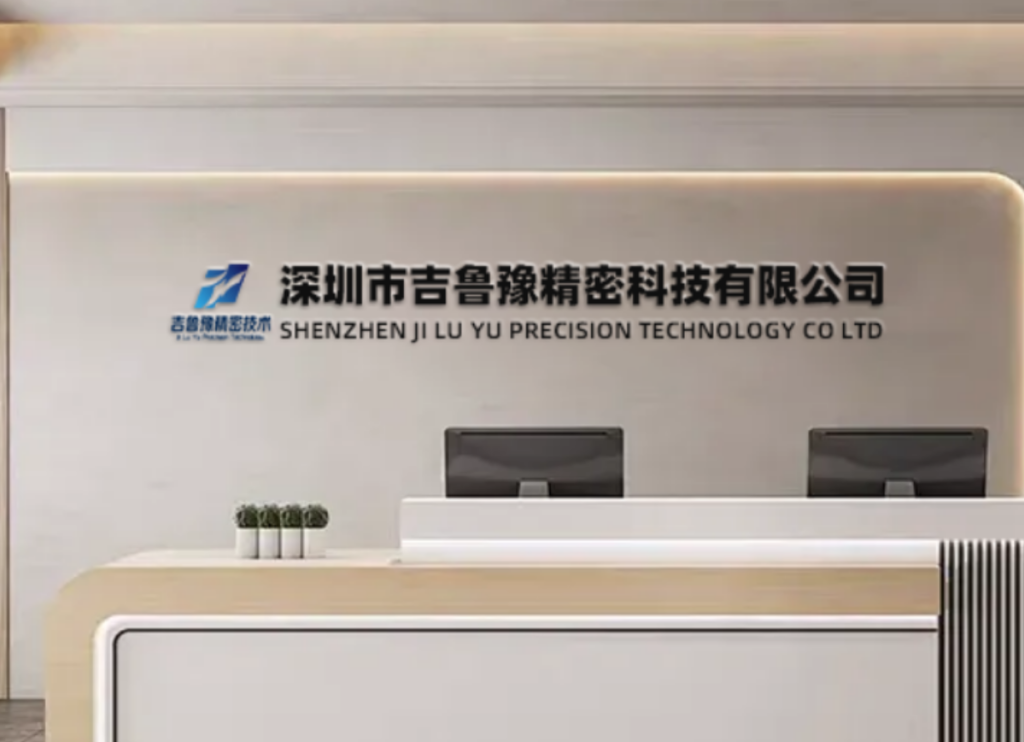On-Demand Manufacturing for Engineers: Revolutionizing Product Development with Precision CNC Solutions
In today’s fast-paced engineering landscape, on-demand manufacturing has emerged as a transformative force, enabling engineers to bridge the gap between digital design and physical reality with unprecedented speed and precision.
On-demand manufacturing for engineers represents a fundamental shift in how technical professionals approach product development, prototyping, and low-volume production. As specialized providers of CNC machining services, we understand the critical importance of combining technical expertise with manufacturing flexibility to support engineering innovation across industries. This comprehensive guide explores how modern on-demand manufacturing platforms leverage advanced CNC machining technologies to deliver precision components while enabling engineers to maintain focus on their core design and development responsibilities.
The evolution of digital manufacturing platforms has created new possibilities for engineering teams to access sophisticated production capabilities without traditional minimum order quantities or extended lead times. These platforms integrate seamlessly into engineering workflows, providing instant design for manufacturability (DFM) feedback, transparent pricing, and accelerated production timelines that align with aggressive product development schedules.
The Technical Foundation of On-Demand Manufacturing for Engineering Applications
On-demand manufacturing services built specifically for engineers differ significantly from traditional manufacturing approaches by prioritizing technical depth, precision, and engineering support throughout the production process.
Advanced CNC Technologies in On-Demand Platforms
Modern on-demand manufacturing services employ sophisticated CNC equipment capable of meeting the stringent requirements of engineering applications:
Table 1: CNC Machining Capabilities for Engineering Applications
| Machining Technology | Technical Specifications | Engineering Applications | Tolerance Capabilities | Material Compatibility |
|---|---|---|---|---|
| 5-Axis Simultaneous Machining | Continuous 5-axis interpolation, 20,000+ RPM spindle speeds | Complex aerospace components, medical implants, fluid dynamics systems | ±0.01mm to ±0.05mm | Aluminum, titanium, stainless steel, engineering plastics |
| High-Speed Machining | 30,000-60,000 RPM spindles, advanced toolpath optimization | Thin-walled structures, fine details, optical components | ±0.005mm to ±0.025mm | Aluminum, brass, copper, plastics |
| Multi-Task Machining | Combined milling, turning, and secondary operations | Complex rotational parts, valve bodies, transmission components | ±0.005mm to ±0.02mm | Steel, stainless steel, aluminum, exotic alloys |
| Precision Micro-Machining | Micro-tooling down to 0.1mm diameter, vibration damping | Medical device components, micro-optics, connector systems | ±0.002mm to ±0.01mm | Stainless steel, titanium, specialty alloys |
5-axis simultaneous machining has proven particularly valuable for complex engineering components, enabling complete machining of intricate geometries in single setups. This capability minimizes cumulative error, reduces handling requirements, and ensures perfect alignment between critical features—essential considerations for high-performance engineering applications.
Material Science for Engineering Applications
On-demand manufacturing platforms offer extensive material libraries specifically curated for engineering requirements:
*Table 2: Engineering Materials for On-Demand Manufacturing*
| Material Category | Specific Grades | Mechanical Properties | Engineering Applications | Machining Considerations |
|---|---|---|---|---|
| Aluminum Alloys | 6061-T6, 7075-T6, 2024-T3 | Tensile strength: 45-83 ksi, Density: 2.7-2.8 g/cm³ | Aerospace structures, automotive components, enclosures | Excellent machinability, high material removal rates possible |
| Stainless Steels | 304, 316, 17-4PH, 416 | Corrosion resistance, tensile strength: 75-135 ksi | Medical instruments, marine components, food processing | Work hardening requires consistent feed rates, specialized tooling |
| Titanium Alloys | Grade 2, Grade 5 (6Al-4V), Grade 23 | High strength-to-weight ratio, biocompatibility | Aerospace fasteners, medical implants, chemical processing | Low thermal conductivity requires specialized cooling strategies |
| Engineering Plastics | PEEK, Ultem 1000, Delrin, Nylon | Chemical resistance, electrical insulation, low friction | Bearings, electrical insulators, chemical processing equipment | Low thermal conductivity requires sharp tooling and controlled feeds |
| High-Performance Alloys | Inconel 718, Monel, Hastelloy | High temperature resistance, corrosion resistance | Turbine components, chemical reactors, extreme environments | Very difficult to machine, requires specialized parameters and tooling |
The availability of certified materials with complete traceability documentation ensures that components meet the rigorous standards required for critical engineering applications in aerospace, medical, and automotive industries.
Engineering Benefits of On-Demand Manufacturing
The strategic implementation of on-demand manufacturing delivers significant advantages throughout the product development lifecycle.
Accelerated Development Timelines
-
Rapid Iteration Cycles: Compress design-validation iterations from weeks to days
-
Instant Quoting Technology: Receive manufacturing feedback within hours instead of days
-
Digital Workflow Integration: Seamless transition from CAD to production without manual quoting
-
Predictive Lead Times: Accurate production scheduling based on real-time capacity
Engineering teams utilizing on-demand manufacturing platforms typically achieve 40-60% reduction in overall development timelines compared to traditional manufacturing approaches.
Technical Advantages for Engineering Teams
-
Design Freedom: Complex geometries achievable without expensive tooling investments
-
Risk Mitigation: Test multiple design approaches simultaneously before finalizing production intent
-
Performance Validation: Functional prototypes in production-grade materials for accurate testing
-
Supply Chain Resilience: Distributed manufacturing capacity reduces single-point failures
As engineering projects grow increasingly complex, the ability to rapidly iterate and validate designs through on-demand manufacturing becomes a critical competitive advantage.
Implementation Strategies for Engineering Organizations
Successfully integrating on-demand manufacturing into engineering workflows requires strategic planning and process optimization.
Design for Manufacturing Excellence
Optimizing designs for on-demand CNC manufacturing requires specific technical considerations:
-
Feature Accessibility: Ensure all features can be machined with standard tooling without complex fixturing
-
Tolerance Optimization: Apply tight tolerances only where functionally necessary to control costs
-
Material Selection: Choose materials based on both performance requirements and manufacturability
-
Surface Finish Specifications: Specify finishes appropriate for functional requirements rather than defaulting to finest possible
Engineering teams that implement systematic DFM practices typically achieve 20-30% cost reduction while maintaining or improving component performance.
Quality Assurance Integration
On-demand manufacturing platforms provide comprehensive quality management:
-
First Article Inspection: Automated verification of critical dimensions against CAD models
-
In-Process Monitoring: Real-time tracking of machining parameters and tool condition
-
Statistical Process Control: Continuous monitoring of machining processes for consistency
-
Certification Documentation: Complete material and process documentation for regulatory compliance
Leading platforms integrate quality management directly into their digital workflows, providing engineers with immediate access to inspection reports and certification documents.
Real-World Engineering Applications: Case Studies
Case Study 1: Aerospace Actuator Development
An aerospace engineering team needed to develop and validate a new electromechanical actuator system for aircraft flight controls.
Challenge: Produce five sets of actuator housing components from 7075 aluminum with ±0.025mm bore tolerances and complex internal passages within 10 days for bench testing and validation.
Technical Solution: The engineering team utilized an on-demand manufacturing platform with:
-
5-Axis Machining: Complex internal geometries machined in single setups
-
High-Speed Machining: Optimized toolpaths for reduced cycle times
-
In-Process Verification: On-machine probing to verify critical features
-
Anodizing Integration: Type II anodizing for corrosion protection
Results: Components delivered in 7 days, enabling the engineering team to complete validation testing 3 days ahead of schedule. The rapid iteration capability allowed for design refinements that improved actuator performance by 15% before proceeding to production tooling.
Case Study 2: Medical Device Instrumentation
A medical device engineering group required precision components for a new surgical robot system with stringent biological compliance requirements.
Challenge: Manufacture 25 sets of stainless steel mechanism components with specific surface finish requirements (Ra < 0.4μm) and full traceability for FDA submission.
Technical Solution: Implementation of specialized on-demand approach:
-
Multi-Axis Machining: Complex mechanism features produced in minimal setups
-
Surface Enhancement: Medical-grade polishing and passivation processes
-
Lot Control: Complete material traceability from raw material to finished component
-
Documentation: Comprehensive inspection records supporting regulatory submission
Results: The components enabled the medical device company to maintain its FDA submission schedule while implementing design improvements based on surgeon feedback. The on-time delivery and comprehensive documentation facilitated rapid regulatory approval.
Case Study 3: Automotive Electric Vehicle Systems
An automotive engineering team developing electric vehicle battery systems needed custom thermal management components for prototype validation.
Challenge: Produce complex cooling plate components from 6061 aluminum with internal channels and precise sealing surfaces within 15 days for thermal cycle testing.
Technical Solution: The engineering team leveraged on-demand capabilities:
-
Multi-Pallet Machining: Continuous operation with parallel loading and machining cycles
-
Precision Boring: Accurate channel dimensions with ±0.01mm diameter tolerance
-
Sealing Surface Finishing: Specific surface texture requirements for reliable sealing
-
Pressure Testing: 100% component verification for sealing integrity
Results: The prototypes successfully completed thermal cycle testing, providing validation data that confirmed the thermal management approach. The accelerated timeline enabled the automotive manufacturer to compress its development cycle by four weeks.
Future Trends in On-Demand Manufacturing for Engineering
The continued evolution of on-demand manufacturing platforms promises even greater capabilities for engineering applications.
Advanced Technology Integration
-
AI-Driven Design Optimization: Automated suggestion of design modifications for improved performance or manufacturability
-
Digital Twin Implementation: Virtual manufacturing models that predict outcomes before physical production
-
Additive-Subtractive Hybrid: Combining 3D printing and CNC machining for optimal results
-
Advanced Material Development: New alloys and composites specifically engineered for digital manufacturing
Sustainability and Efficiency
-
Energy Optimization: Smart scheduling to minimize energy consumption during production
-
Material Utilization: Advanced nesting algorithms to maximize material usage
-
Waste Reduction: Closed-loop recycling of metal chips and cutting fluids
-
Carbon Footprint Tracking: Comprehensive environmental impact assessment for manufacturing decisions
As engineering requirements continue to evolve, on-demand manufacturing platforms will increasingly integrate these advanced capabilities to support the development of next-generation technologies.
Conclusion
On-demand manufacturing for engineers has matured into an essential capability that supports rapid innovation across industries. The combination of advanced CNC machining technologies, digital workflows, and engineering-focused support enables technical teams to accelerate development while maintaining the precision and quality required for demanding applications.
The most successful implementations leverage on-demand manufacturing as a strategic resource throughout the product lifecycle—from initial concept validation through low-volume production. By integrating these capabilities into their development workflows, engineering organizations can achieve significant competitive advantages through reduced time-to-market, improved design quality, and enhanced operational flexibility.
For engineering teams seeking to maximize their development efficiency, our specialized CNC machining services deliver the precision, expertise, and responsiveness required for today’s demanding engineering projects. Contact our engineering team to discuss how our on-demand manufacturing capabilities can support your next development initiative.
